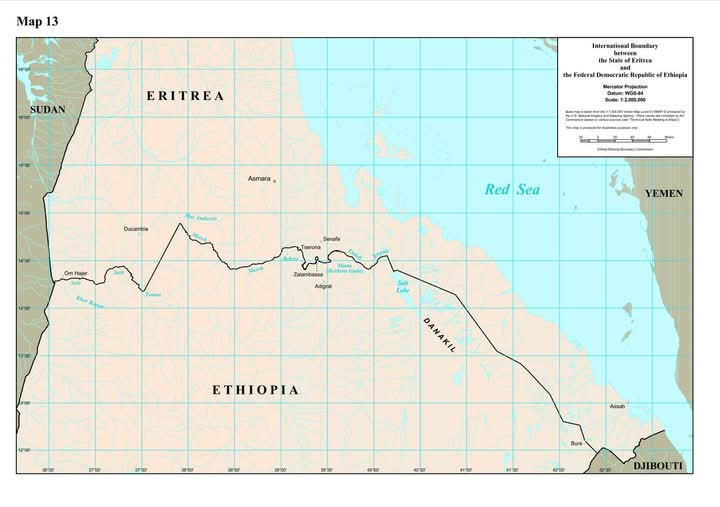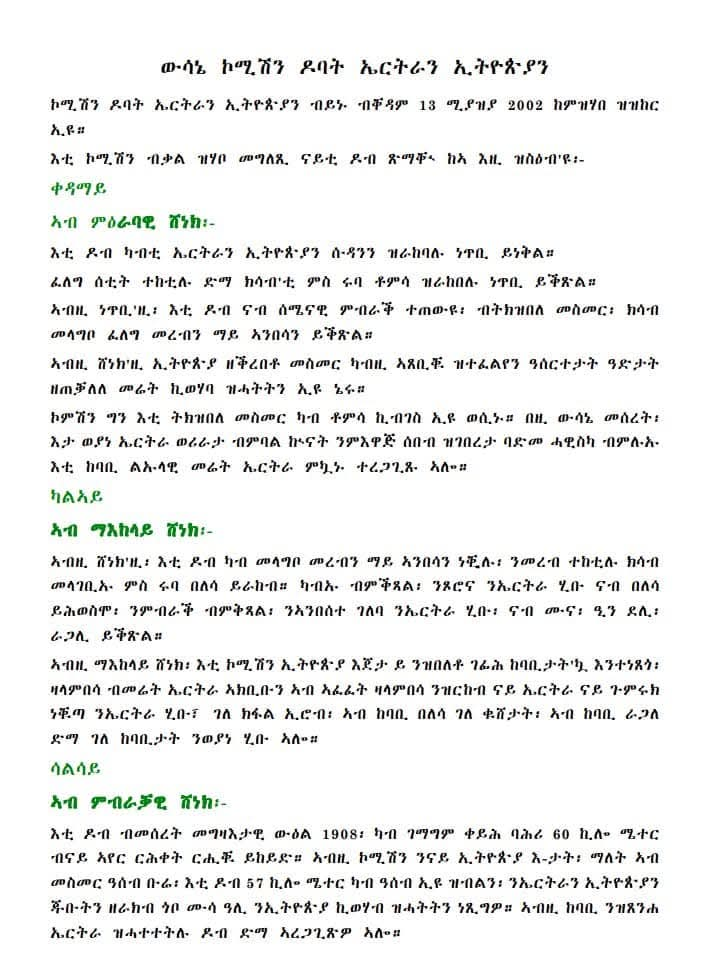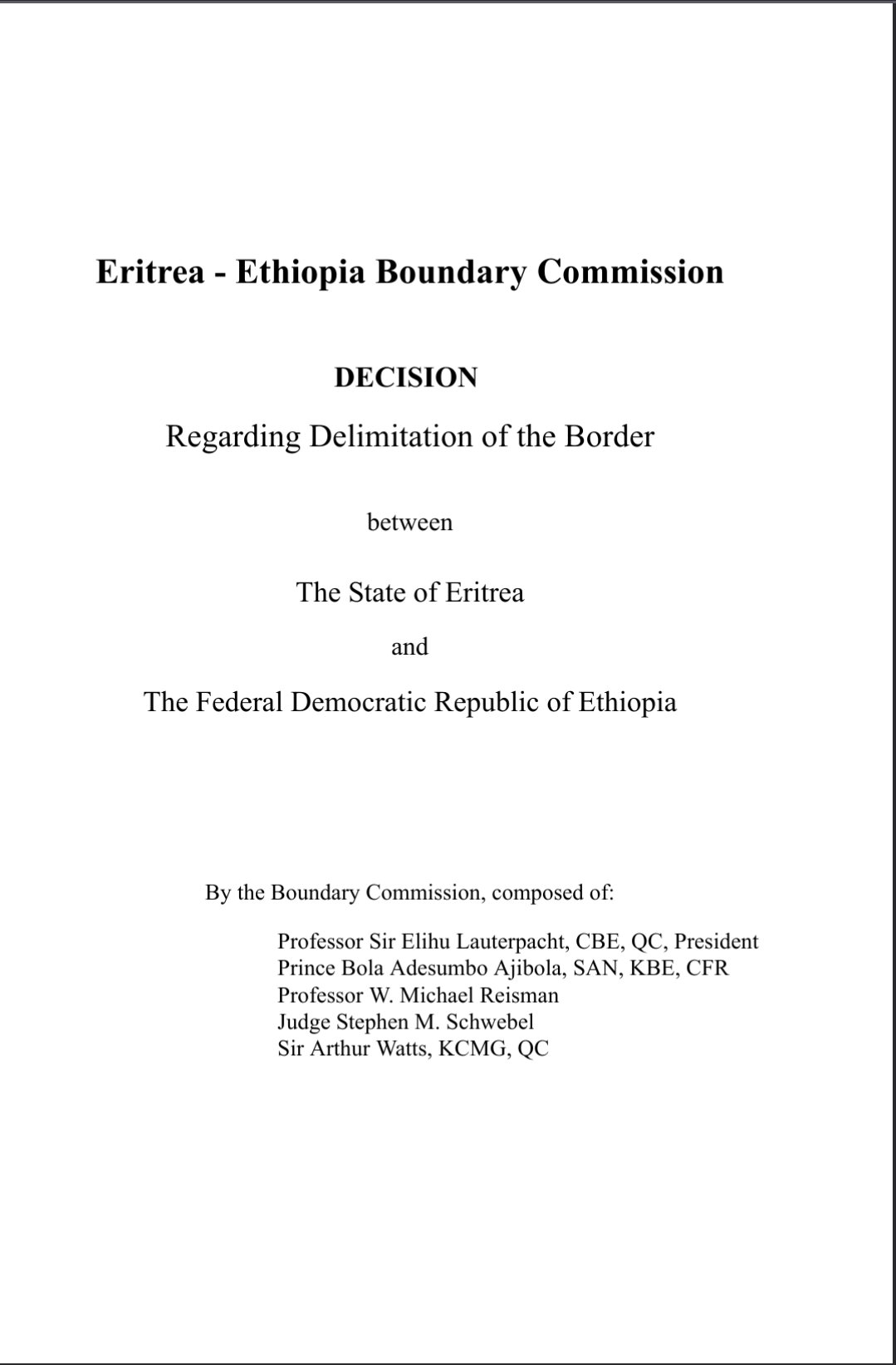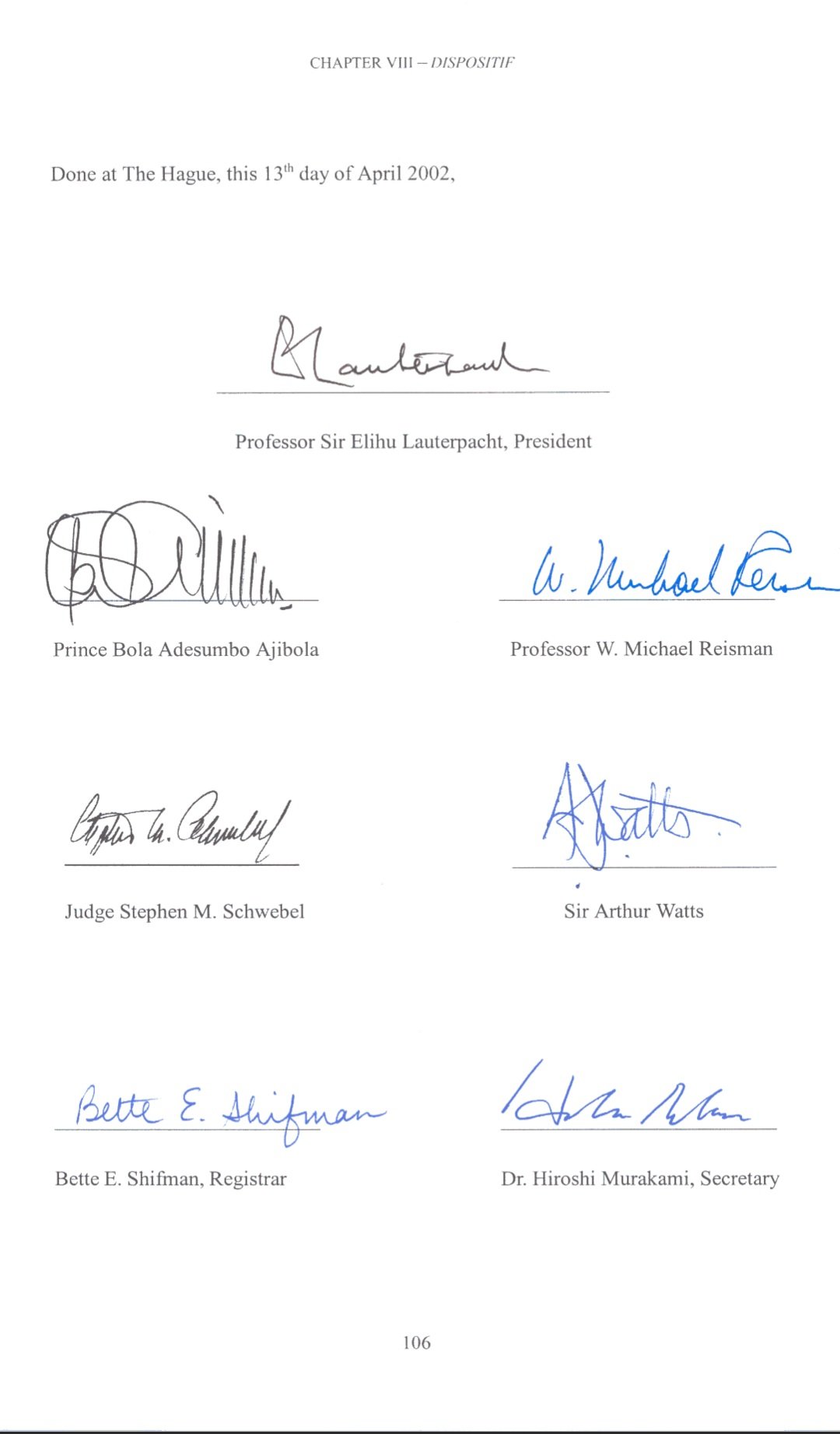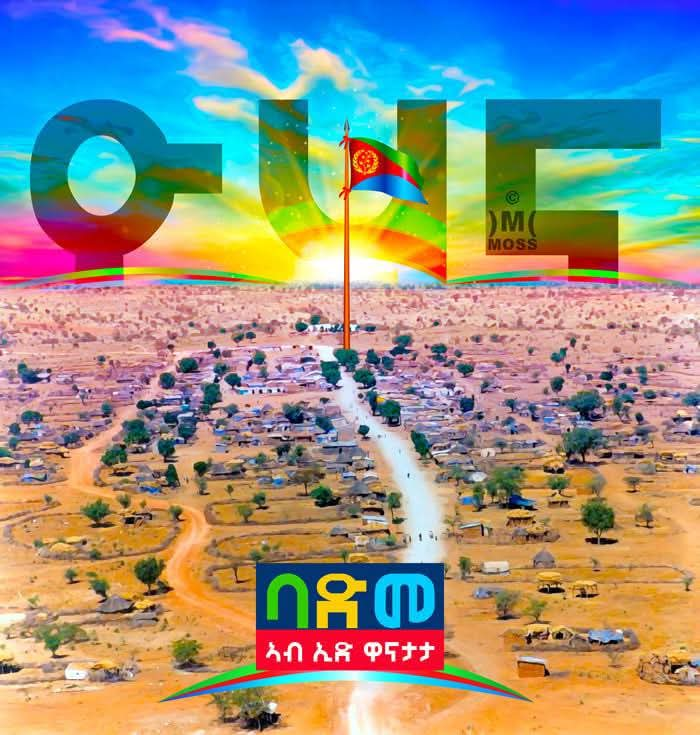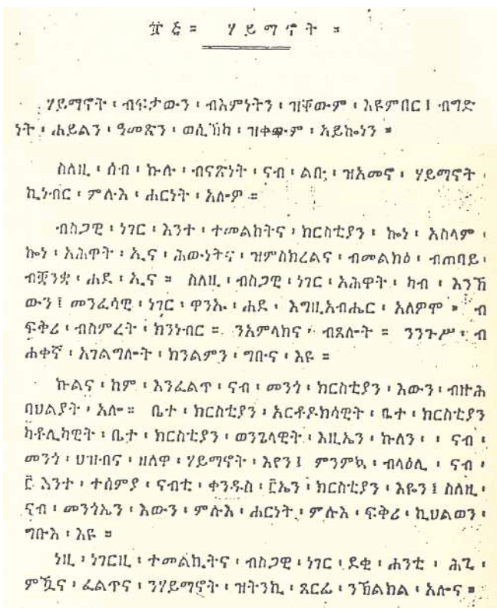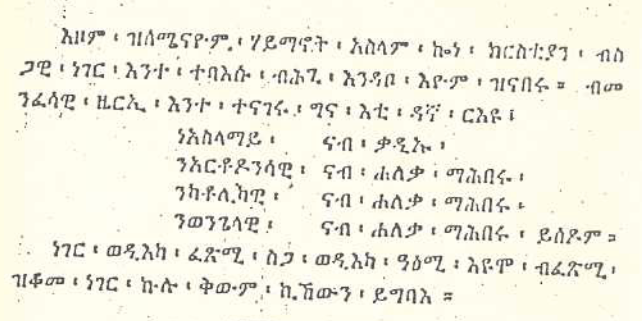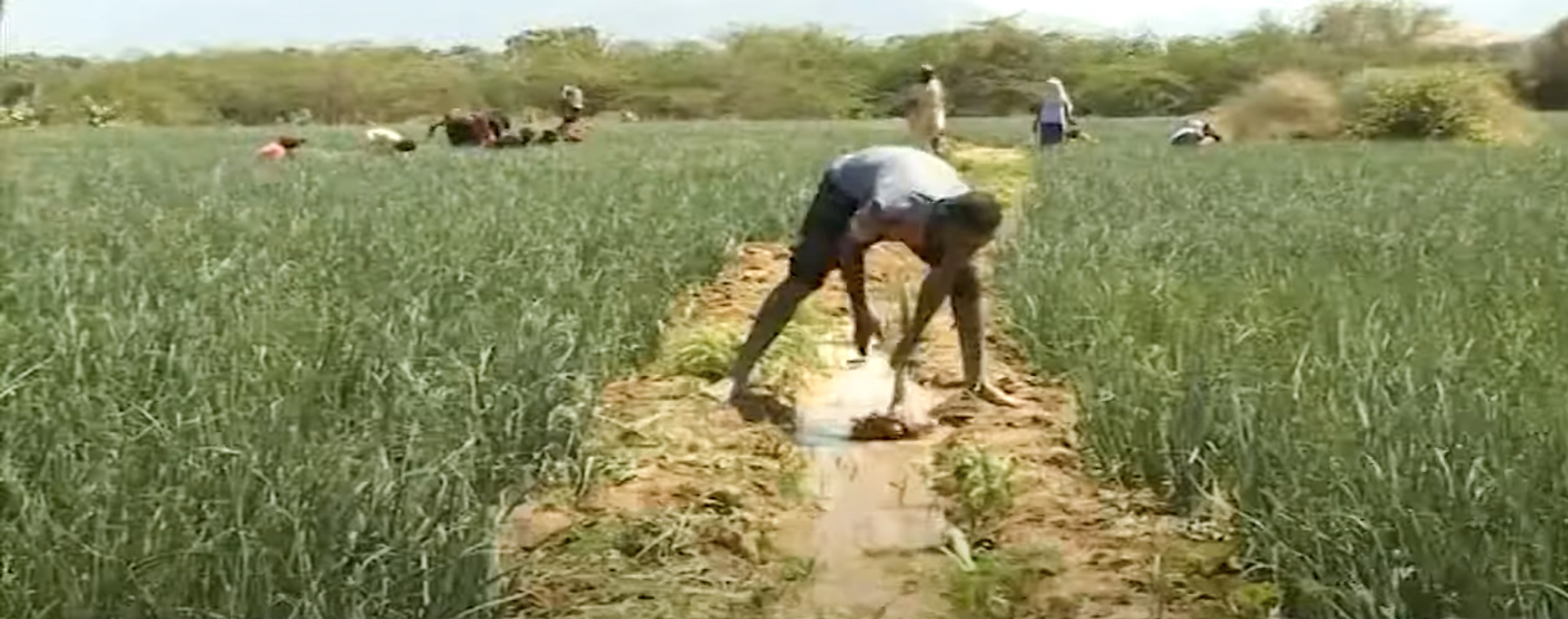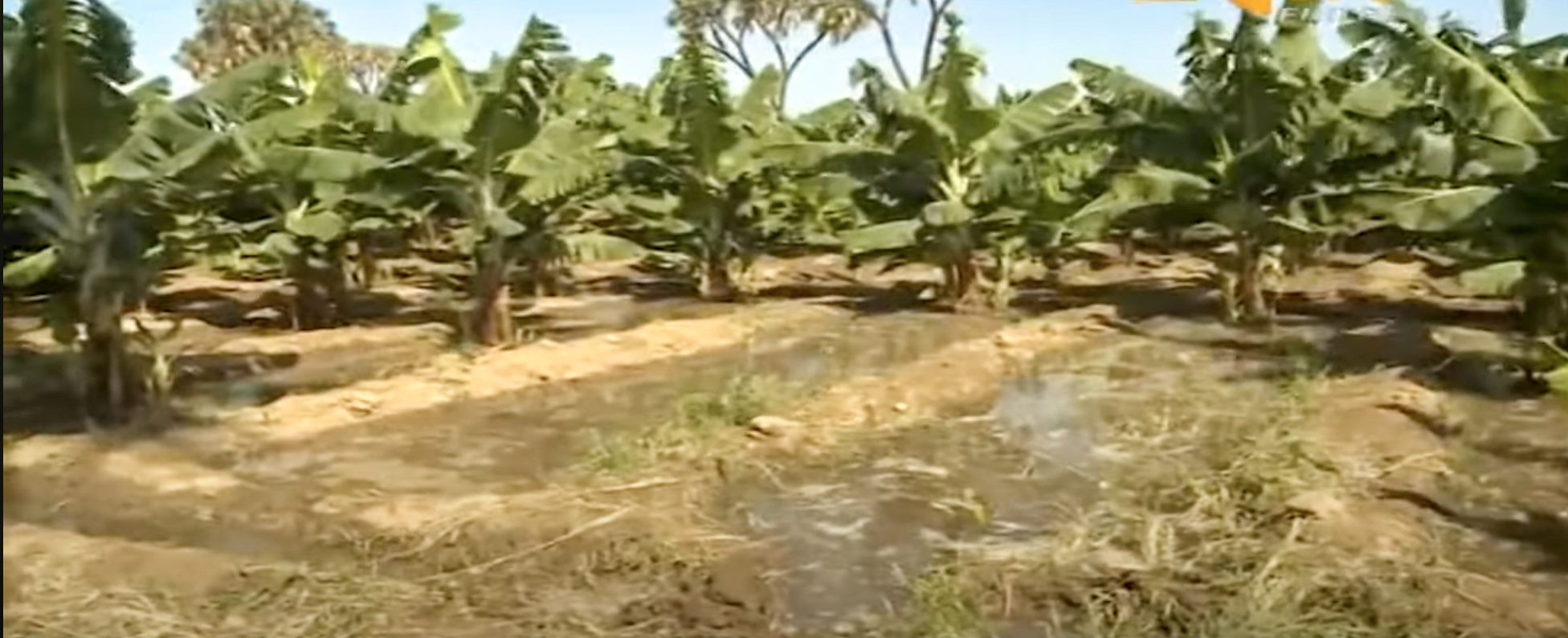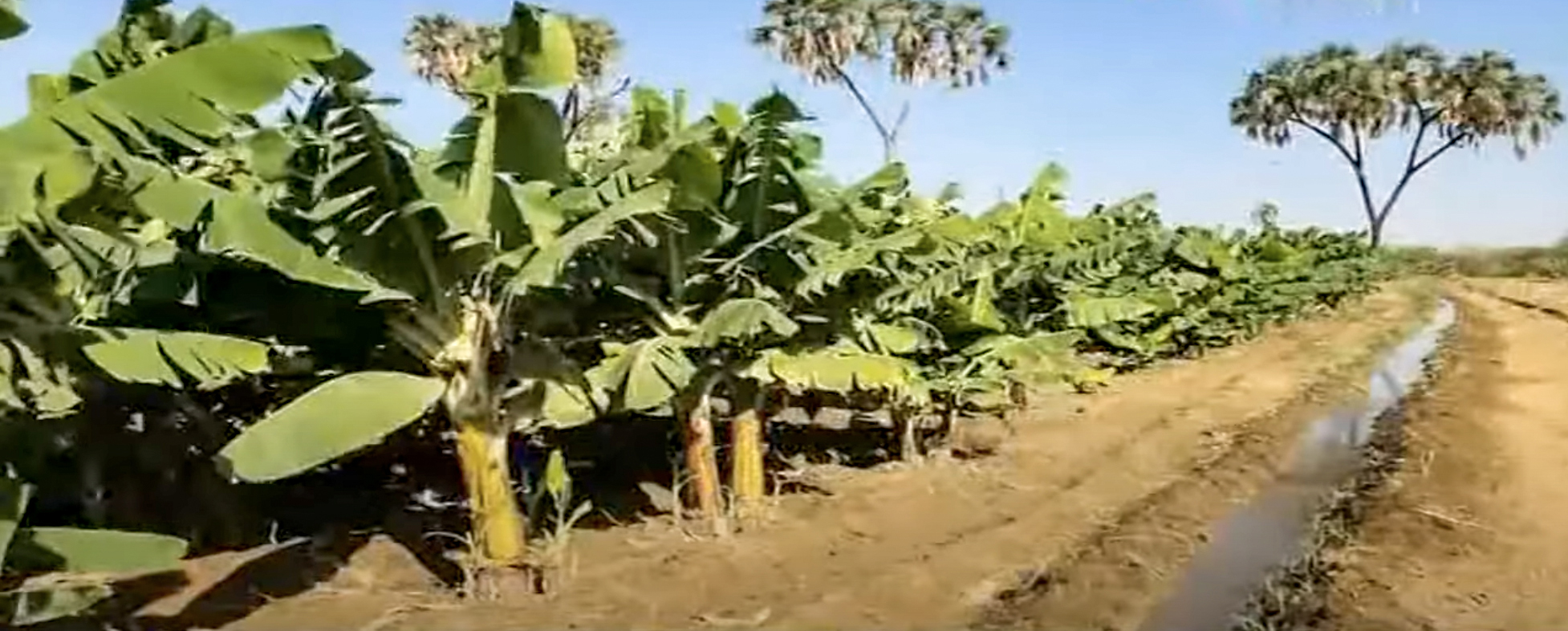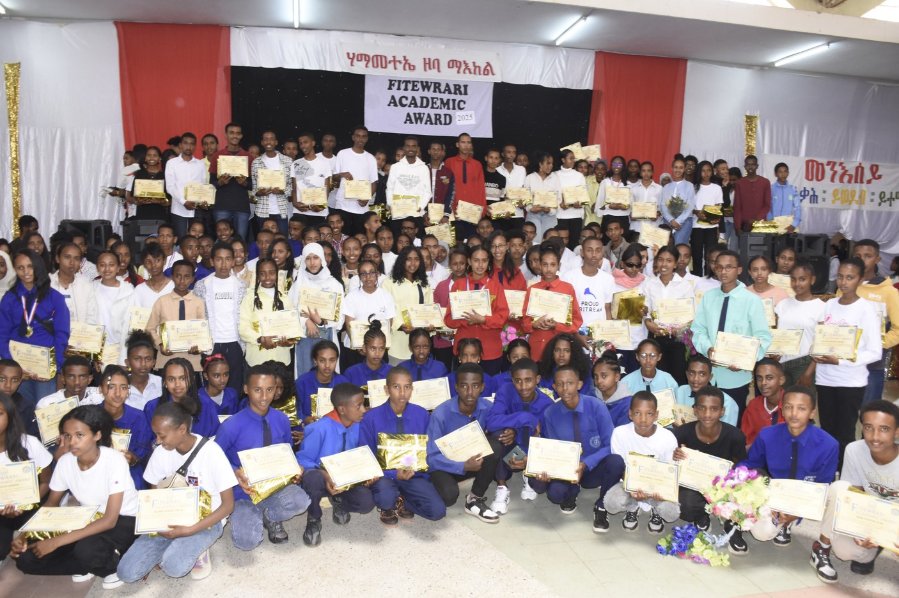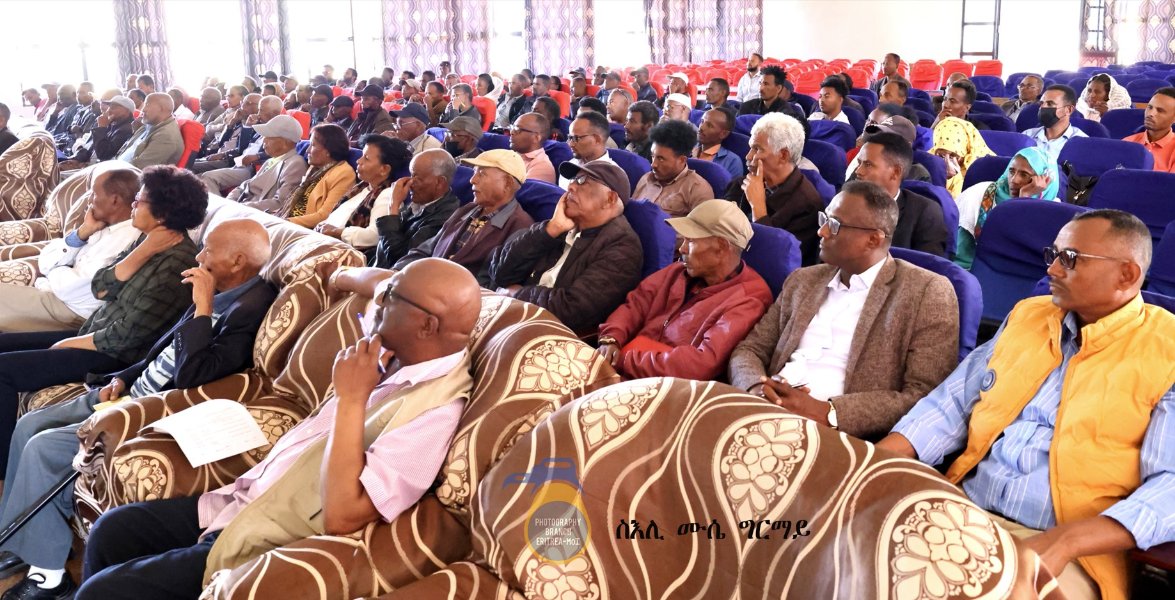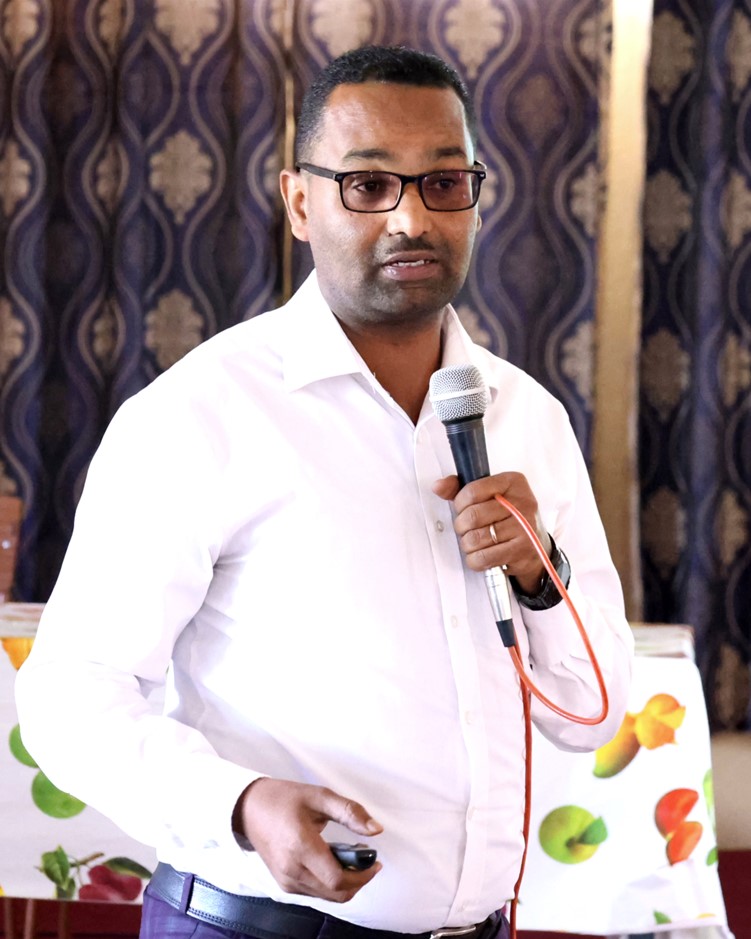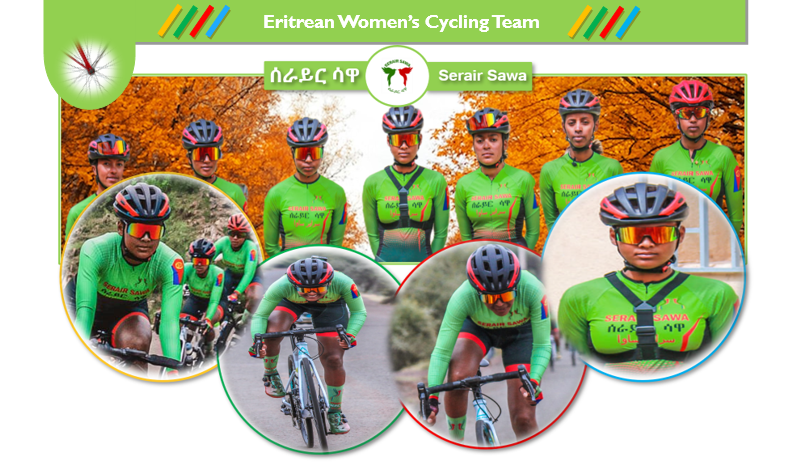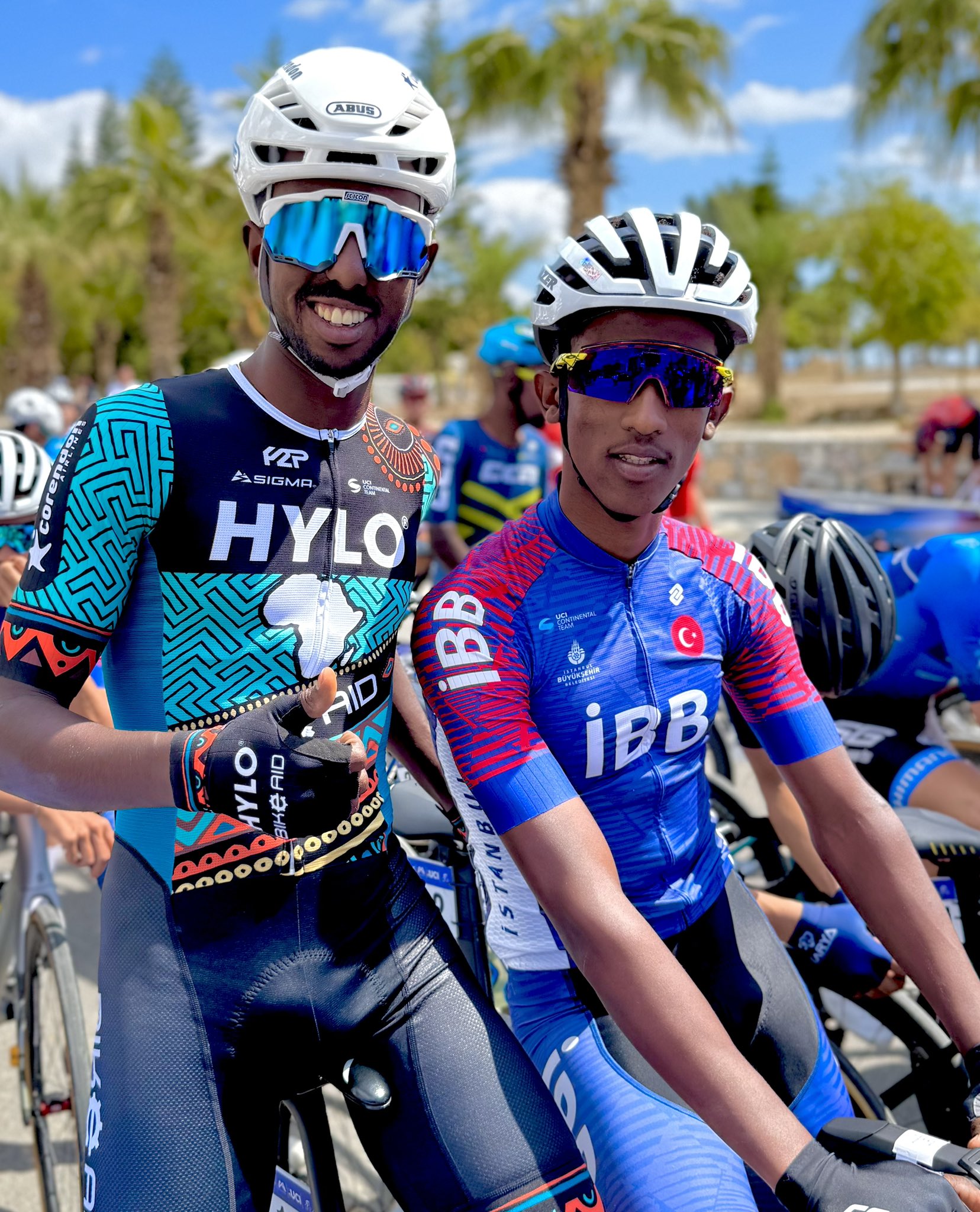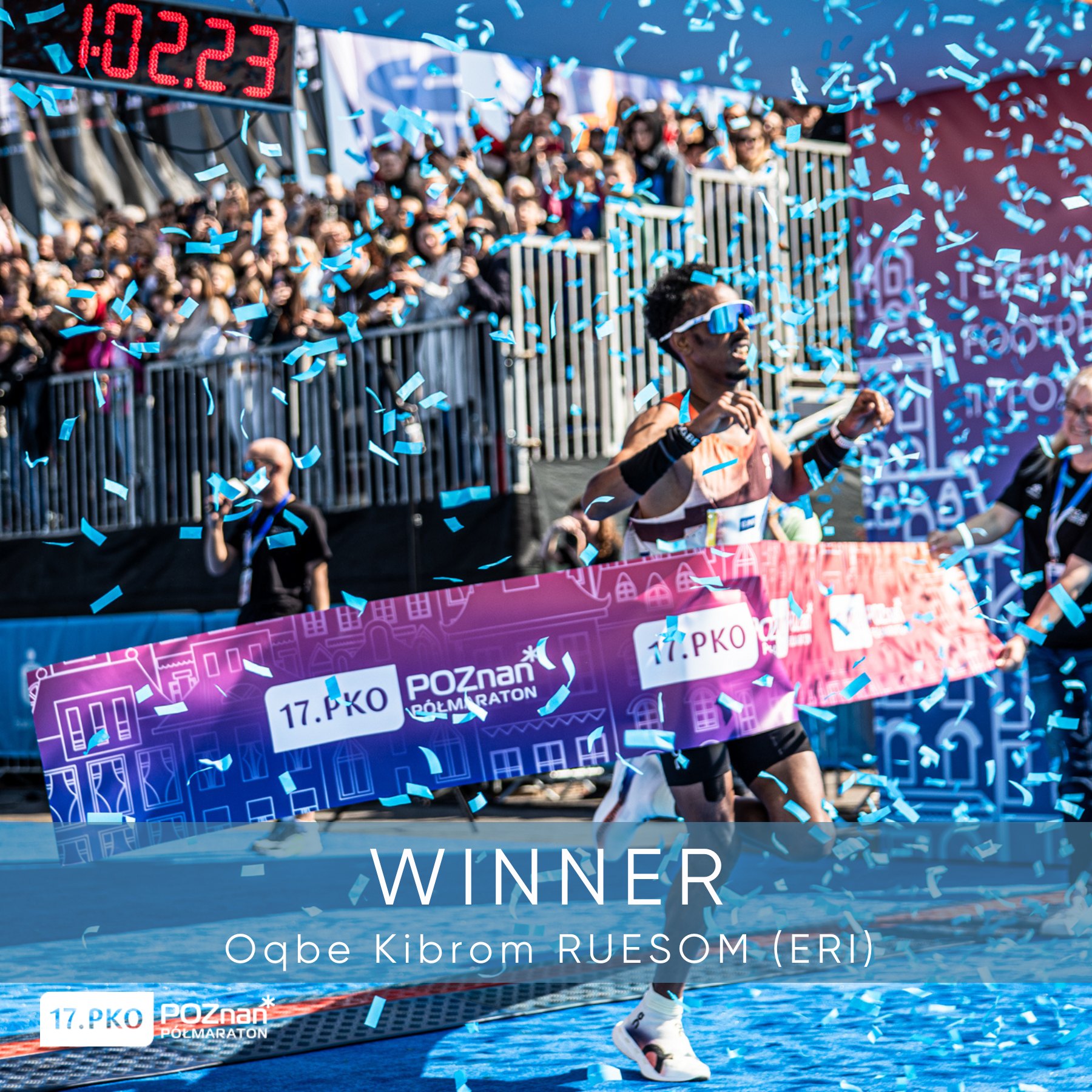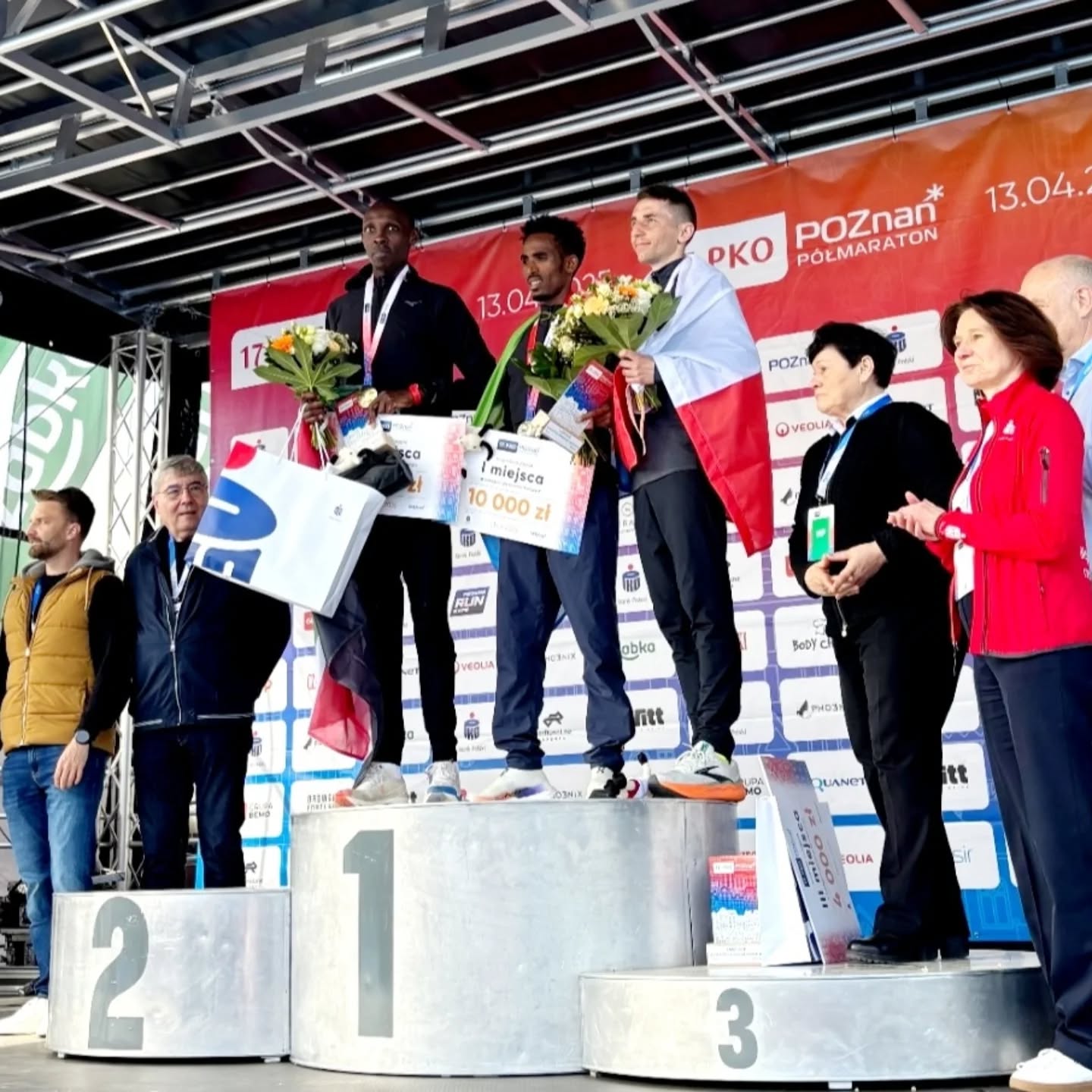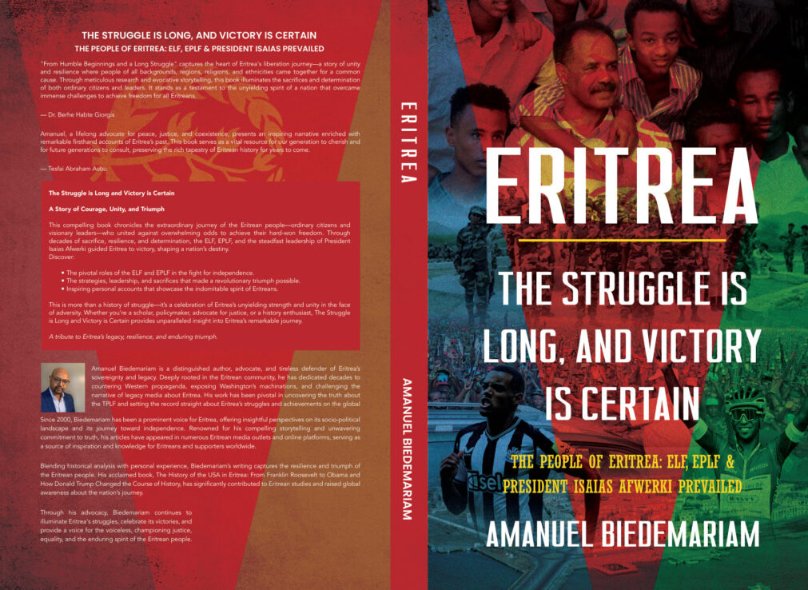 Brief Reflections on Eritrea: the Struggle is Long, and Victory is Certain
Dr. Fikrejesus Amahazion
@shabait
12 April 2025
Amanuel Biedemariam
Brief Reflections on Eritrea: the Struggle is Long, and Victory is Certain
Dr. Fikrejesus Amahazion
@shabait
12 April 2025
Amanuel Biedemariam’s accomplishment in completing a comprehensive work on Eritrea’s history and struggles, is a feat that speaks to his immense dedication and intellectual rigor.
In a world where Eritrean voices in scholarship are often overlooked, his new book,
Eritrea: The Struggle is Long, and Victory is Certain, provides a crucial and much-needed perspective, shedding light on the nation’s rich past and resilience. By challenging distorted narratives and offering a balanced, well researched account, this work contributes significantly to our understanding of Eritrea’s journey and its place in global history.
A challenging process
Writing a book, is an endeavor that’s often underestimated by many. Contrary to the common belief that inspiration strikes and a book is written in a flurry of creative energy, the truth is much more complex. Crafting a book, especially one on a subject as profound and intricate as the history and struggle of Eritrea, is a challenging, sometimes grueling process. It involves not just inspiration, but immense dedication, intellectual rigor, and personal sacrifice.
It’s easy to assume that anyone can write a book, but the reality is that while many people may start, only a small number end up finishing. And of those who do, even fewer manage to produce something that’s meaningful and of lasting value. Writing a book demands a mixture of talent, discipline, and resilience. It requires perseverance through moments of self-doubt, rejection, and often, a sense of isolation. It’s a long, winding journey of brainstorming, drafting, editing, revising, and rewriting – a process that, as anyone who has attempted it knows, can feel endless.
Given these challenges, Amanuel’s accomplishment is nothing short of admirable. He has shown tremendous commitment to his vision and completed a project that will hopefully leave a lasting impact. His persistence, deserves respect.
Significant and worthwhile
There are a few points, making Amanuel’s book significant and worthwhile. To begin, it tackles a weighty and important subject: Eritrea’s rich history of struggle, resilience, and triumph against massive obstacles. The book is also clear, well-organized, and demonstrates impressive analytical rigour. The writing is both extremely thorough and accessible, providing the reader with a detailed yet nuanced view of Eritrea’s past, while presenting the material in a style that’s easy to follow and digest. This balance makes the book enjoyable for a broad audience, including both those already quite familiar with Eritrean history and those who are encountering it for the first time.
One of the key strengths of Amanuel’s work, is the solid evidence and scholarly references it draws upon. The book builds its arguments on a foundation of credible sources and thoughtful analysis, making it a valuable resource for students, researchers, and anyone looking to gain a deeper understanding of Eritrea’s history and struggles.
Addressing a longstanding gap
Additionally, Amanuel’s book plays a crucial role in correcting the narrative surrounding Eritrea. In a world where misinformation and distortion are rampant, this book stands as a firm rebuttal and powerful riposte to those who seek to misrepresent, undermine, and otherwise tarnish Eritrea’s story and demonize its valiant people. It provides clarity, truth, and much-needed context, offering readers a balanced account of the nation’s tortuous journey, formidable challenges, and remarkable victories.
In this regard, Amanuel’s work also contributes to broadening the literature on Eritrea. Historically, much of the research and scholarship on the country has been limited in scope, and often driven by external – and frequently rabidly hostile – voices and perspectives. Eritrean authors, researchers, and voices have been underrepresented, and their contributions marginalized in the broader academic discourse.
One of the most powerful reflections of this is the historic – and continued – low acceptance rate of scholarship by Eritreans in leading and influential journals, magazines, or other outlets, despite the production of robust research and quality work. Another is how media and leading institutions overwhelmingly hold up Westerners as experts and authoritative voices, although these individuals frequently don’t know the local culture, have often never actually set foot in the country, and boast a long track record of only highly flawed assessments and wildly inaccurate predications.
The history of disparity and continued [deleted] marking work focused on Eritrea, has led to an incomplete and skewed understanding of Eritrea’s place in the world. Accordingly, Amanuel’s book is a timely and much-needed addition to addressing this gap. It provides an Eritrean perspective that is often lacking in mainstream scholarship, offering a more nuanced, contextual view of the country’s history and role in regional or global affairs. This is why his work is so significant – not only for its academic contribution but also for the way it challenges and enriches our understanding of Eritrea.
A framework for understanding and a profound source of inspiration
Moreover, as our nation continues to face significant challenges, understanding our history is more important than ever. It provides a framework for understanding not only where we come from but also who we are – our values, our cultural identity, and the great resilience that defines us. In times of extreme difficulty, this knowledge fosters a deep sense of belonging and shared purpose, reminding us that we are part of a larger, enduring story. Furthermore, reflecting on the immense struggles and victories of our past offers a profound source of inspiration. It serves as a moral compass, encouraging us to confidently face today’s obstacles with the same determination, courage, and unity that have guided us for generations.
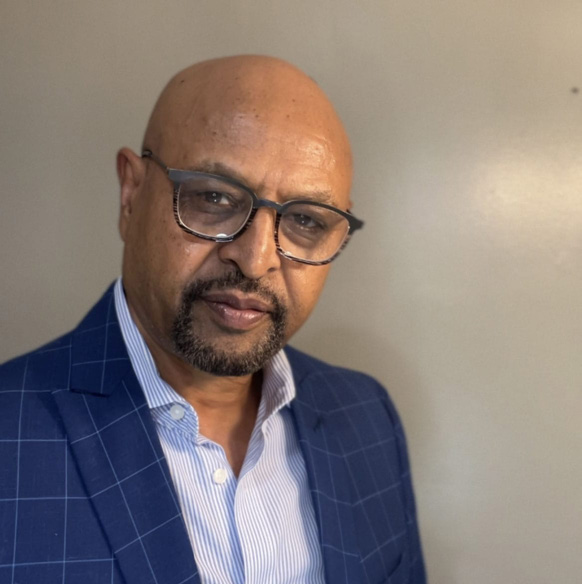
Finally, and perhaps most importantly, it is my sincere hope that Amanuel’s book can serve as a guiding example and source of motivation for other Eritreans, particularly the younger generation. Eritrea is blessed with a long, unblemished coastline, rich heritage, tremendous diversity and culture, and an abundance of natural resources. But our greatest, most precious asset, without any doubt, is our children.
Having had the privilege of traveling the world and both studying and teaching in different countries, I can confidently say, without a scintilla of hesitation or exaggeration, that Eritreans, especially the youth, are incredibly talented and immensely capable. This book stands as robust proof of what’s possible, when we harness our potential and remain firmly committed to our goals. I hope it ignites a spark in other Eritreans, especially the young, inspiring them to take up writing, to tell their stories, and to continue building on the legacy of those who have come before them.
May these sparks turn into a blazing fire.